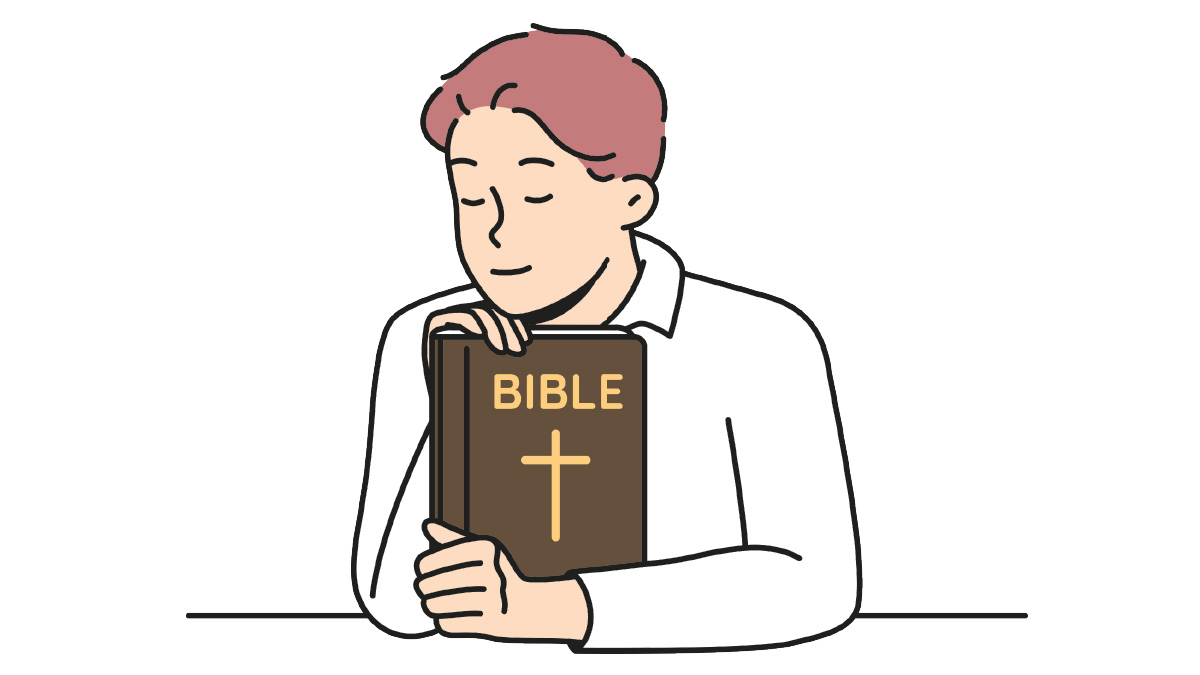Que Dios nos levante como la generación que no esconde su fe
Es un placer saludarte a través de la tinta y el papel mi querida visionaria.
En la actualidad la Fe es malinterpretada e incluso quienes han tenido un encuentro genuino con Jesucristo se encuentran con un obstáculo invisible pero poderoso: El estigma espiritual.
El cual representa la carga emocional y social que se enfrenta al expresar la Fe y es tomada a manera de burla, rechazo e incluso aislamiento, ya sea por familiares, en el trabajo o en redes sociales.
No olvidemos sin embargo que el mismo Jesucristo fue rechazado por su propia gente: En Juan 1:11 dice: “A lo suyo vino, y los suyos no le recibieron.” Pero asi como él no se detuvo tampoco debemos nosotros hacerlo y enfrentar el estigma con amor, verdad y valentía.
El apóstol Pablo escribió en Romanos 1:16: “Porque no me avergüenzo del evangelio, porque es poder de Dios para salvación a todo aquel que cree…” Romper el estigma comienza cuando decidimos no escondernos, sino vivir con convicción y alegría lo que creemos.
Es fácil reaccionar con enojo o aislamiento cuando somos señalados por nuestra fe, pero el Espíritu de Cristo nos llama a responder con mansedumbre. En 1 Pedro 3:15 se nos exhorta a estar siempre listos para presentar defensa de nuestra esperanza “con mansedumbre y reverencia.”
Romper el estigma no significa combatirlo con fuerza humana, sino con el poder del Espíritu Santo, que convence y transforma los corazones. Y en este caso tu testimonio es muy importante.
Hablar de lo que Cristo ha hecho en nosotros rompe miedos, toca almas y abre puertas. dejemos que Dios nos levante como la generación que no esconde, predicando tanto con actos de amor como con palabras y aprendiendo a romper el estigma por medio de una vida auténtica transformada por Cristo.
Break the Spiritual Stigma
Let God raise us up as the generation that doesn’t hide its faith.
It is a pleasure to greet you through the ink and paper of this magazine, my dear visionary.
On this occasion, I come to speak to you about faith, which is currently misunderstood, even by those who have had a genuine encounter with Jesus Christ, as they encounter an invisible but powerful obstacle: spiritual stigma.
This represents the emotional and social burden faced when expressing faith, as it is taken as mockery, with rejection and even isolation, whether by family members, coworkers, or social media users.
Let us not forget, however, that Jesus Christ himself was rejected by his own people. John 1:11 says, “He came to his own, and his own people did not receive him.” But just as he did not detain us, neither should we. It is better to confront the stigma with love, truth, and courage.
The apostle Paul wrote in Romans 1:16: “For I am not ashamed of the gospel of Christ, for it is the power of God that brings salvation to everyone who believes.” That is, breaking the stigma begins when we decide not to hide, but to live with conviction and joy what we believe.
It is easy to react with anger or isolation when we are criticized for our faith, but the Spirit of Christ calls us to respond with meekness. In 1 Peter 3:15, we are exhorted to always be ready to defend our hope “with meekness and reverence.”
Breaking the stigma does not mean fighting it with human strength, but with the power of the Holy Spirit, who convicts and transforms hearts, and in this case, your testimony is very important.
Speaking about what Christ has done in us shatters fears, touches souls, and opens doors. Let God raise us up as the generation that does not hide, preaching both with acts of love and with words, learning to break the stigma through an authentic life transformed by Christ.

